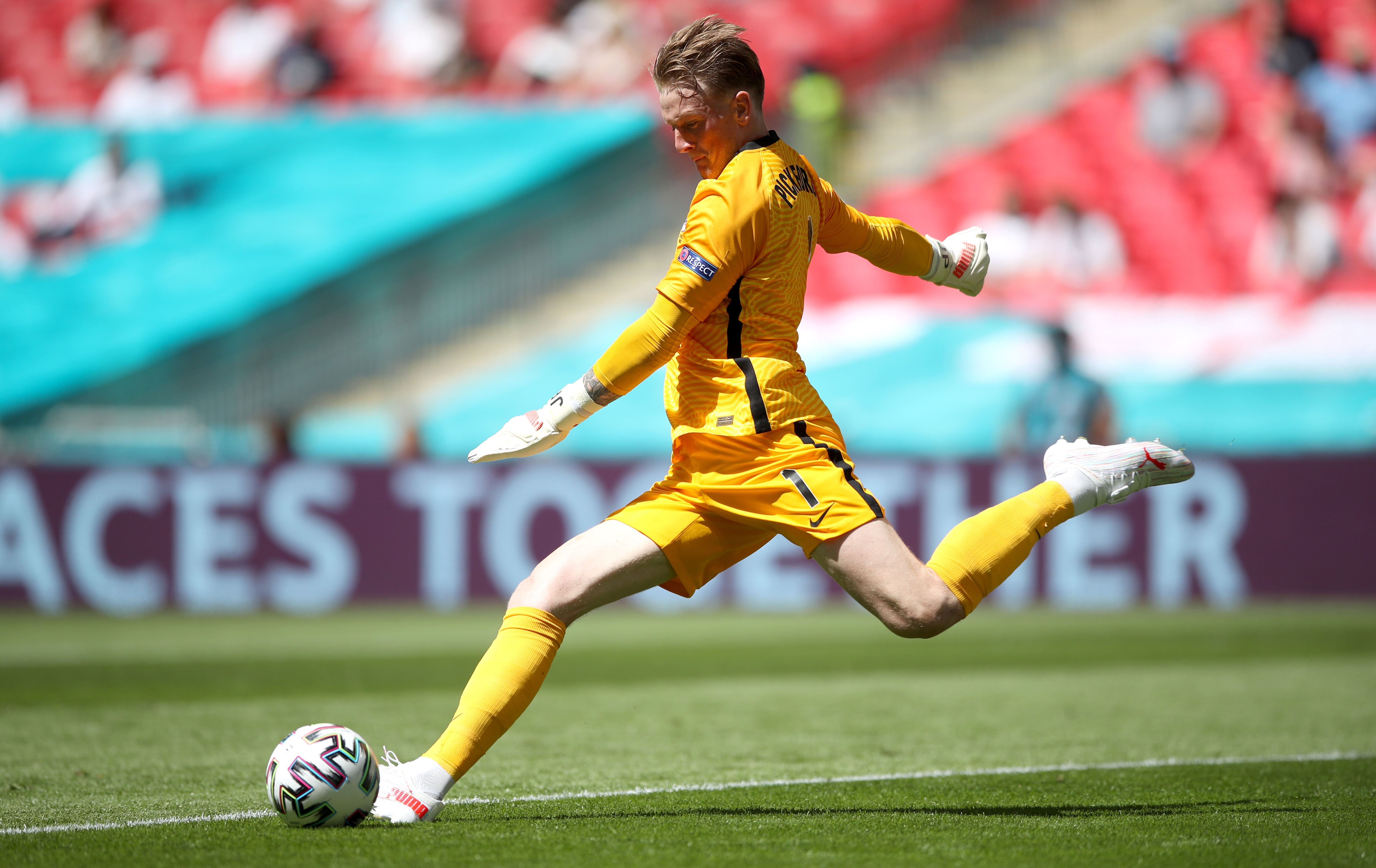England Euro 2020 group stage review: What went well?
The Three Lions topped Group D with relative ease but are yet to show their full potential

Your support helps us to tell the story
From reproductive rights to climate change to Big Tech, The Independent is on the ground when the story is developing. Whether it's investigating the financials of Elon Musk's pro-Trump PAC or producing our latest documentary, 'The A Word', which shines a light on the American women fighting for reproductive rights, we know how important it is to parse out the facts from the messaging.
At such a critical moment in US history, we need reporters on the ground. Your donation allows us to keep sending journalists to speak to both sides of the story.
The Independent is trusted by Americans across the entire political spectrum. And unlike many other quality news outlets, we choose not to lock Americans out of our reporting and analysis with paywalls. We believe quality journalism should be available to everyone, paid for by those who can afford it.
Your support makes all the difference.The defence
Let’s start with the obvious: England have three clean sheets from three games.
The last time they progressed from a group stage with a faultless defensive record, the year was 1966. If that’s not cause for hope, consider that the back line was widely believed to be England’s achilles heel. Harry Maguire’s injury, the lack of depth at centre-half and the uncertainty over who would start as the full-backs did not bode well.
Results over the past season suggested otherwise, though. Coming into the tournament, England had conceded three goals in 11 games since the start of the season. That is now three in 16, including the warm-up friendlies. Some achilles heel. Yet those pre-tournament concerns were all genuine.
The lesson here is that an excellent defensive record is about more than just your defence.
Playing two “number sixes” in central midfield has helped but it is not only down to the inclusion of Declan Rice and Kalvin Phillips. England have been solid out of possession across the board: to the point where, after beating Croatia, Southgate went out of his way to praise his attack for their work off the ball.
This is reflected in the numbers beyond the scoreline. England’s 0.47 xG conceded per 90 minutes is second only to Italy. That is solid, however you slice it.
Game management
One of the major criticisms of the 2018 World Cup semi-final was that England did not manage the game properly, allowing Croatia to gradually build momentum until Ivan Perisic’s equaliser decisively turned the tide.
Leads were also surrendered in the Nations League semi-final with the Netherlands a year later and in the World Cup last-16 against Colombia, lest we forget.
There have been no such collapses during this group stage, though. In fact, against both Croatia and the Czech Republic, nothing much happened at all once England had taken the lead. Southgate’s side shut down both games, perhaps to the point where they even neutered their own threat.
Neither game was won on a knife’s edge. Croatia only had five shots after falling behind, with none of them on target. The Czech Republic had a lively spell around the half-hour mark at Wembley and managed three attempts in quick succession, but only had another two after that.

Even during the goalless draw against Scotland, as the second half wore on, there was a sense that England were happy to settle for what they had. “It’s easy to gamble towards the end and lose shape and end up losing the game in the last five minutes, then you’re kicking yourself for not managing the tournament,” Southgate said after the final whistle.
You can disagree with that as a strategy but if the plan became to take a point and avoid any needless risks, England carried it out successfully. And with the benefit of hindsight, having qualified as group winners, we know they are no worse off for it.
There are still huge questions about Southgate’s in-game decision-making and whether he can make favourable changes from the touchline.
That was also part of his undoing during that semi-final in Moscow but there is reason to believe that England can now shut down opponents and protect a lead better than in the recent past.
Jordan Pickford
Earlier this season, amid some unquestionably shaky displays with Everton, Jordan Pickford’s status as England’s first-choice goalkeeper came under intense scrutiny.
Inside the camp, though, Southgate has always had a great faith in him. “He’s always played well for us,” the England manager said after the draw with Scotland, “and tonight was no exception.”
It’s not saying much but Pickford was England’s best player against Scotland. A fine save denied Stephen O’Donnell that night, and it followed a quietly commanding, authoritative display against Croatia. Another stop from Tomas Holes caught the eye against the Czech Republic and came at a critical point.

The most striking thing about Pickford at the moment is his composure. He has been visiting a sports psychologist to cut out some of his more erratic tendencies and those sessions helped him to finish the season strongly with Everton, even as their push for European football fell apart.
The importance of his distribution cannot be understated. When his injury handed Nick Pope the chance to stake a claim during the March internationals, the Burnley stopper’s struggles with the ball at his feet demonstrated why Pickford was under little genuine threat for his place.
Injuries to Pope and Dean Henderson – initially the second and third-choices – has made Pickford’s fitness and availability all the more important during this tournament. Many were calling for him to be replaced only a few months ago, but he is re-establishing himself as England’s undisputed No 1.



Join our commenting forum
Join thought-provoking conversations, follow other Independent readers and see their replies
Comments